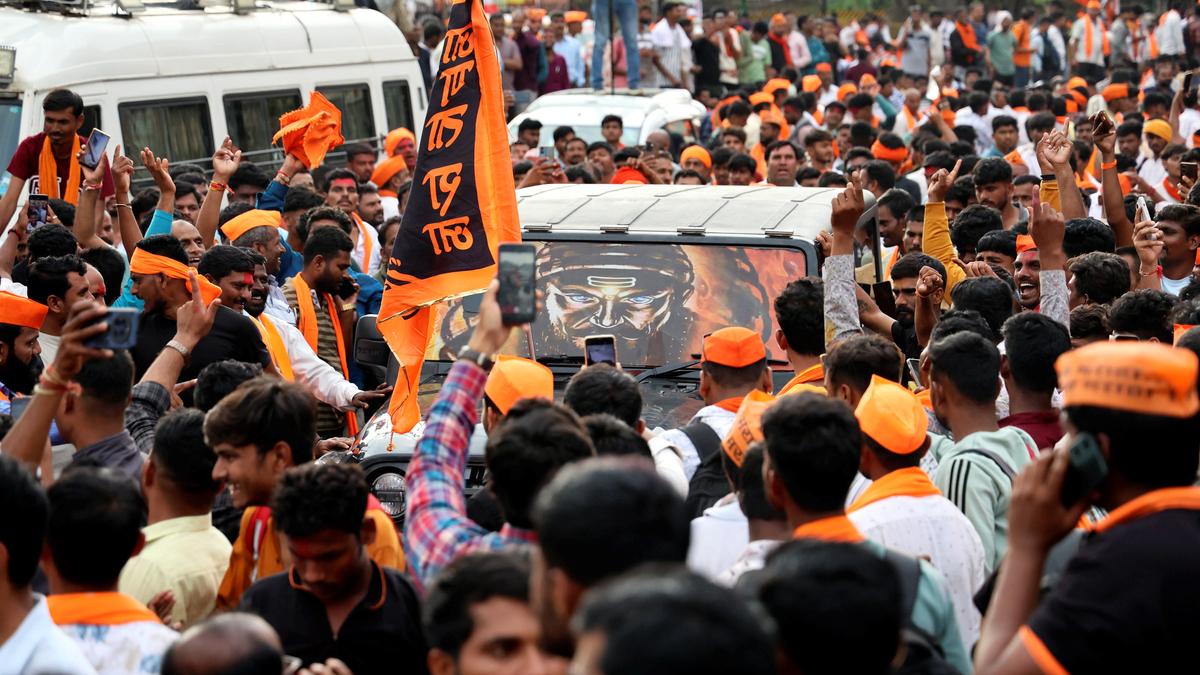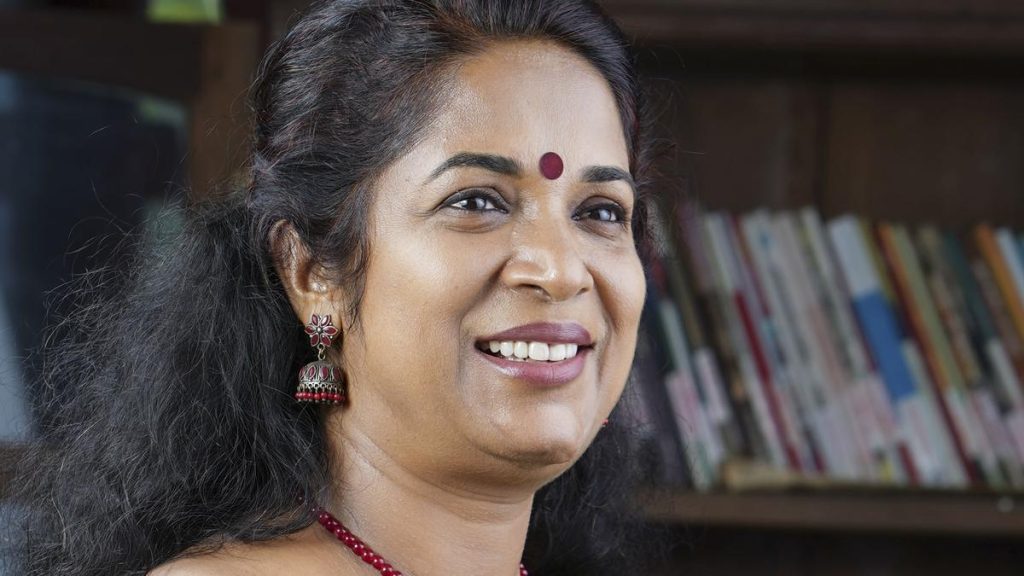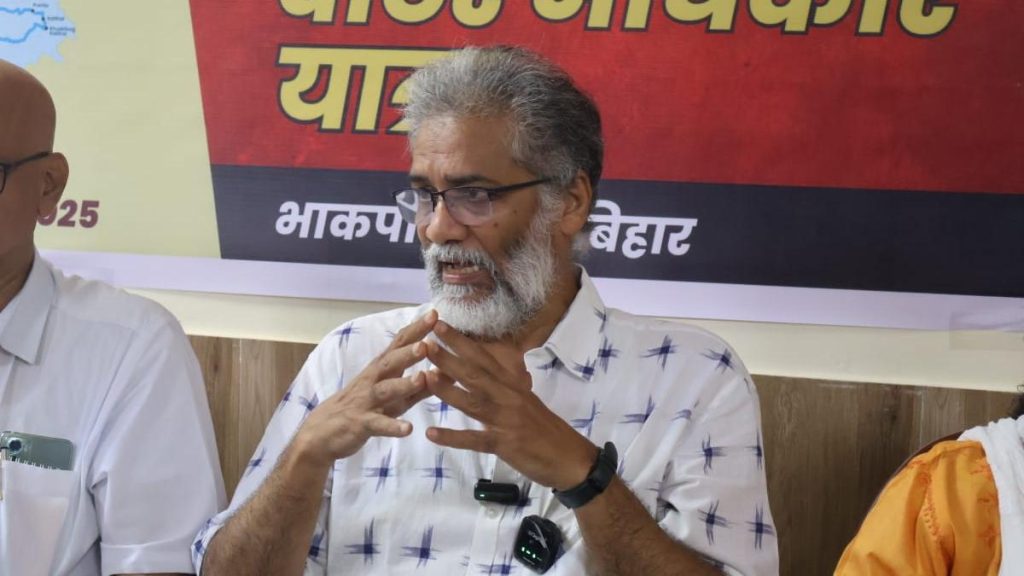Now Reading: Bombay High Court Rejects PIL Against Kunbi Certificates for Marathas
-
01
Bombay High Court Rejects PIL Against Kunbi Certificates for Marathas
Bombay High Court Rejects PIL Against Kunbi Certificates for Marathas

Quick Summary
- The Bombay High Court dismissed a Public Interest Litigation (PIL) challenging the Maharashtra government’s resolution to issue kunbi caste certificates to Marathas.
- The court ruled that only “aggrieved persons,” such as members of Other Backward Classes (OBC), had the right to question the decision, and they had already filed seperate petitions scheduled for hearing on September 22.
- A division Bench emphasized avoiding “multiplicity of litigations” and found the current petition by advocate Vinit Vinod Dhotre to be “misconceived.” Dhotre, claiming Scheduled Caste status, lacked legal standing in this matter but was permitted to file an intervention application in related OBC petitions.
- This PIL opposed a september 2 government resolution granting eligible Marathas Kunbi caste certificates under specific conditions, citing documentary proof from the Hyderabad Gazetteer. The move occurred after intense protests and an indefinite hunger strike led by activist Manoj Jarange Patil demanding quota benefits for Marathas under OBC reservations.
Indian Opinion Analysis
The Bombay High Court’s dismissal of this PIL underscores an important principle: public interest litigation should not be misused by individuals without direct stakes in disputes over crucial governance matters like affirmative action policies. By directing attention toward those legitimately impacted-here, members of the OBC group-the court seeks to streamline judicial proceedings and uphold equity within reservation frameworks. Simultaneously occurring, Maharashtra’s decision highlights growing socio-political challenges regarding caste-based reservations amidst demands for inclusion by historically influential groups like Marathas.Such developments reveal ongoing tensions between social justice goals and efforts to balance competing claims within established legal structures-factors influencing both governance approaches and societal cohesion across India.
Read more at The Hindu























